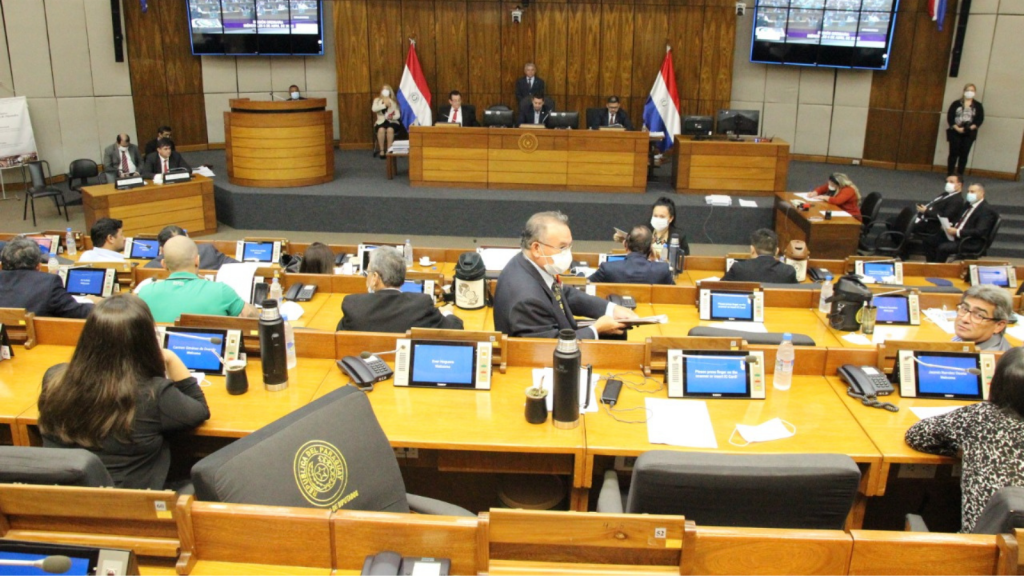AND
n December of last year, hundreds of people took to the streets armed only with their power of conviction to collect signatures so that the first revocation of the mandate in the history of Mexico would become a reality. Despite the obstacles promoted by the National Electoral Institute (INE) and the opposition, the citizens took on the great responsibility of promoting this democratic exercise. The result was heard loud and clear in every corner of our nation: Mexicans want more and better democracy.
The mandate revocation mechanism has gained popularity in some regions of the world as an instrument of direct democracy, whose main purpose is to prevent abuse of power and promote accountability. Through the recall process, the electorate obtains the right to remove an elected public official from office before the end of their term of office. This right guarantees that the people have the power to decide on the continuity of a certain ruler, bindingly exercising their suffrage to request his removal in the event that his performance has not been as expected.
In most cases, the revocation of the mandate represents a way to sanction the actions of the authorities in office, for this reason it is not surprising that President Andrés Manuel López Obrador was the first Mexican president to suggest the inclusion of this mechanism. in current legislation. Our President has been characterized by putting the people at the center of his public policy decisions, but also in his daily actions and, with the revocation of his mandate, he demonstrates once again that during his administration power is held by the people.
On the other hand, the opposition finds this idea intolerable. If it is about accountability, just imagine what would have happened in the six-year terms of Felipe Calderón and Enrique Peña Nieto if this mechanism had been an option. The only possible reading is that the revocation of the mandate would have represented a danger to his political existence because his performance was not only unfortunate, in terms of fulfilling what was promised and providing the most basic to the population, but it can also be described as immoral. and contemptible. The war on drugs, the Odebrecht case, Ayotzinapa and the White House are some examples of the events that we could have sanctioned as citizens.
Only a president who trusts in the support of his people could have promoted the revocation of the mandate. For this reason, the work before us is transcendental. In this electoral process we will not only evaluate the performance of the current federal administration, but we will also take back the power that was denied us for so long. With our participation in the revocation of the mandate, we are betting on the future of Mexican democracy. The responsibility is immense and we have to rise to the occasion.
Currently, the Political Constitution recognizes the right of Mexican citizens to go to the polls to cast their vote and elect their representatives, but also to participate in elections as observers or poll workers. However, in many cases this right is not enforced due to different circumstances, especially labor. In our country, more than 4 million people declared that they work on Sunday, the day designated by law to carry out government election and mandate revocation processes. For this reason, in the Labor and Social Welfare Commission, which I have the honor of presiding over within the Senate of the Republic, a minute was passed that seeks to give workers the necessary facilities to be able to make effective use of their political rights. -electoral, including the obligation of employers to grant the working class the necessary time to go to the polls, without reprisals.
With this opinion we took a transcendental step to guarantee that the vote of the workers has the same weight as that of any other citizen. In addition, we expose and weaken all those who resist the changes that the Mexican people have demanded for so long. By participating in the process of revocation of power, we citizens are recovering our democracy.

















